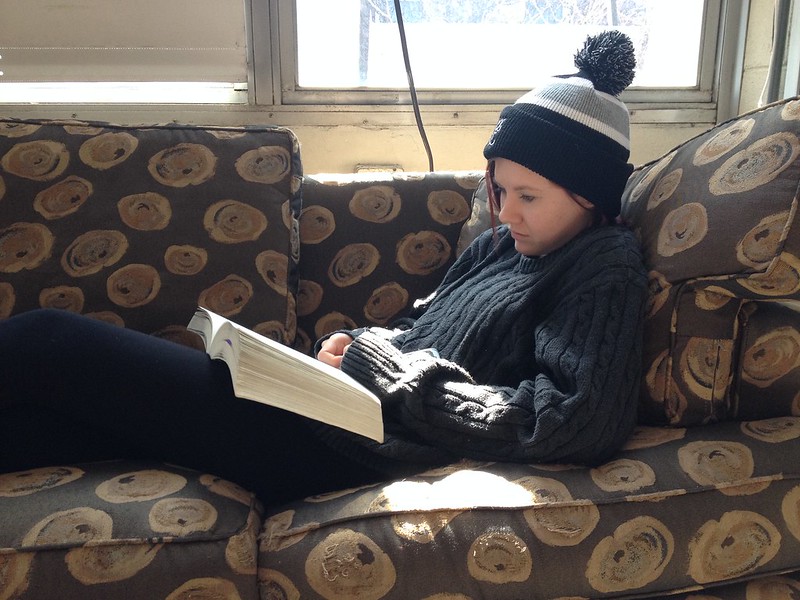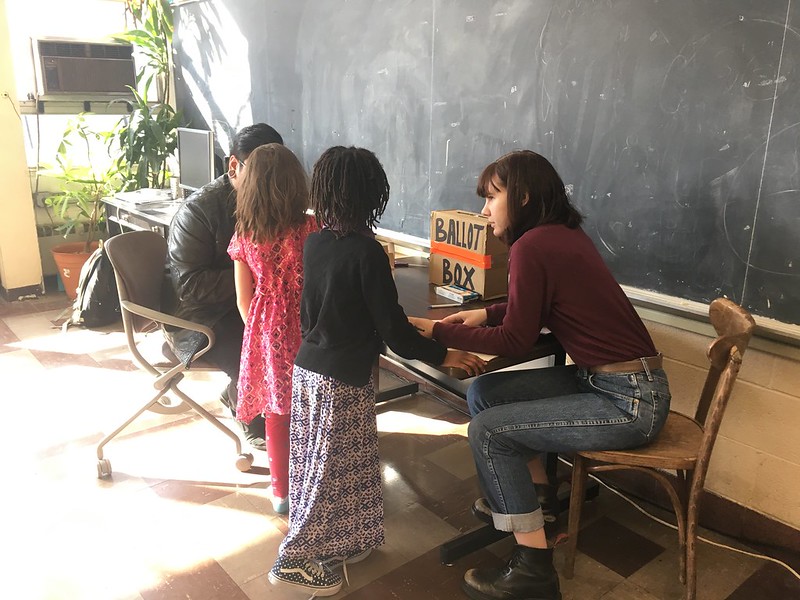Jabrea Reid ('18): Inner Strength by Haley Tilt
Our interview with Jabrea starts out slow. She’s working, but she’s not enthused about her job. She has interests, but she hasn’t settled on anything in particular. Asked about her past year since graduation, she remarks, “it’s been a roller coaster, but just lows.” Fortunately Nadja (a current student) is leading this interview. She pivots, and we get to hear Jabrea’s story.
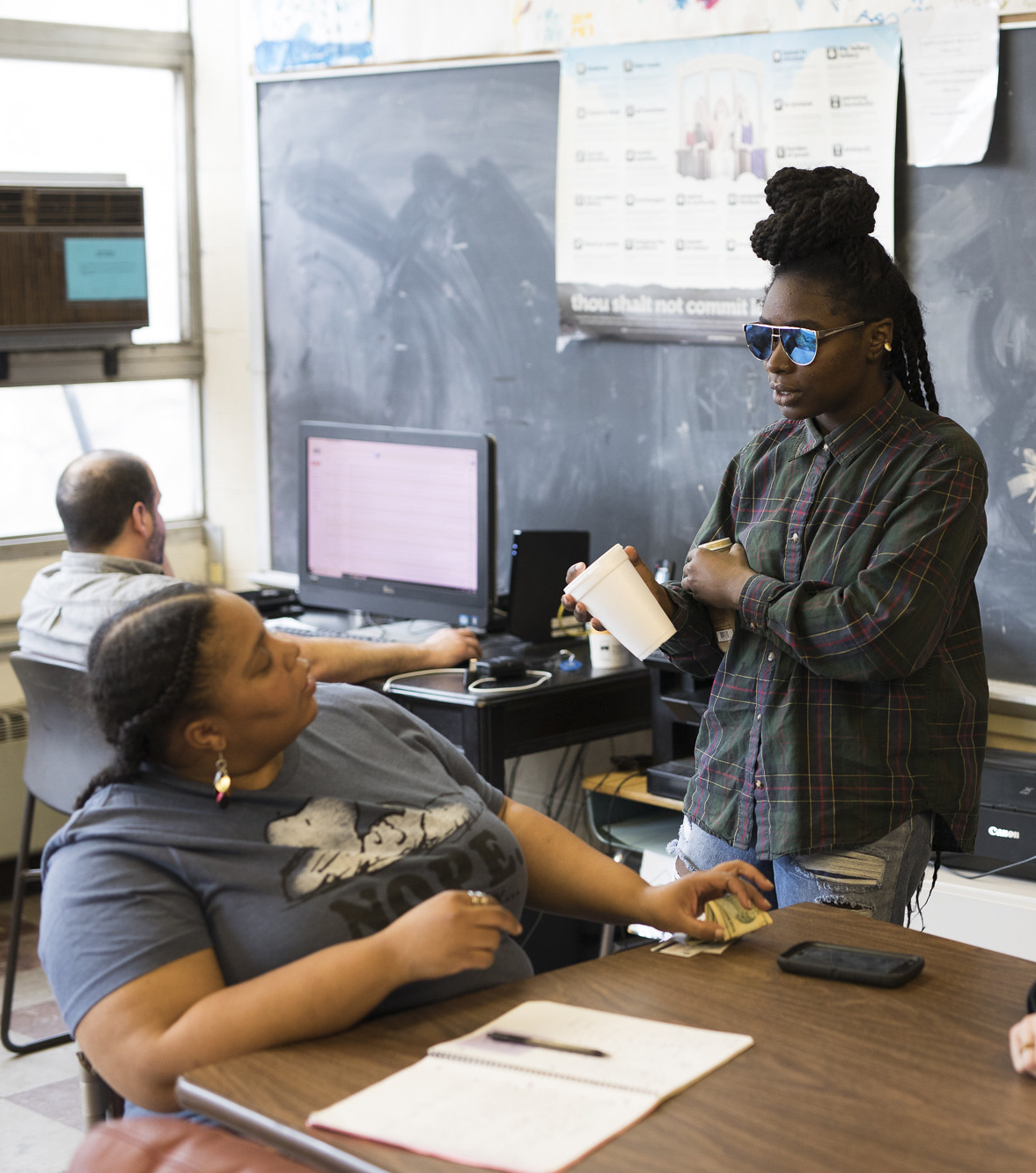
Jabrea begins in elementary school: “I was bullied a lot, for things I couldn’t control - the way I talked, the way I dressed, my skin color, everything. And I was really quiet, and shy, and scared, and I didn’t speak up for myself.” It wasn’t until high school that Jabrea began tapping into the well of inner strength that came to define her. At PFS she found freedom and the absence of judgement and she began asserting herself: “I started being more of a bulldozer. Like, ‘feel my wrath, I am Jabrea Reid, and I’m here, whether you like me or not, whether you feel some type of way. I do what I want, I say what I want.’ And I think that’s the Jabrea you guys saw.”
Always one to name the elephant in the room (then maybe dress it up and take it for a walk), Jabrea saw herself as the voice of the people, saying whatever others couldn’t. But Jabrea not only found her voice at PFS, she also learned to refine that voice: “I found pieces of myself that need tweaking - I can be straightforward, but in a compassionate way, so people will actually hear my opinions without feeling overrun.”
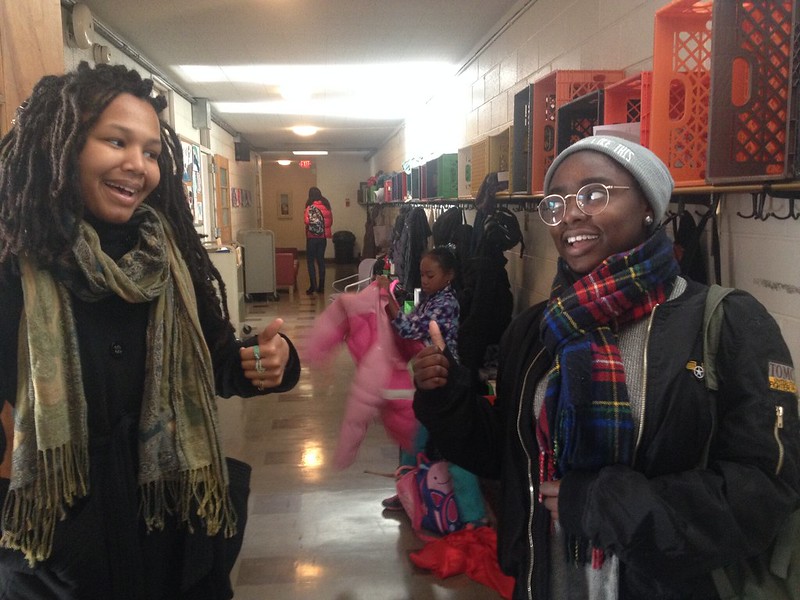
As Jabrea found her voice, she was also doing hard emotional work to build up her inner reserves of self-love and self-reliance. “When I was younger, if I’d leave home and something was bad, I’d take it on for the whole day. I felt powerless to change it. As a result of childhood trauma, I wasn’t able to soothe myself, and I was always looking outwardly for other people to hand me tools to cope. I was always too scared to trust myself. But during my time here at PFS, I had more time. When there was a difficult situation at school, I wouldn’t just go to somebody else. I would go to the quiet room and just sit and think to myself, ‘Jabrea, where is this coming from? Why do you feel this way?’ Now, whenever something unpleasant happens, I try to focus my attention on things that will help push me forward.”
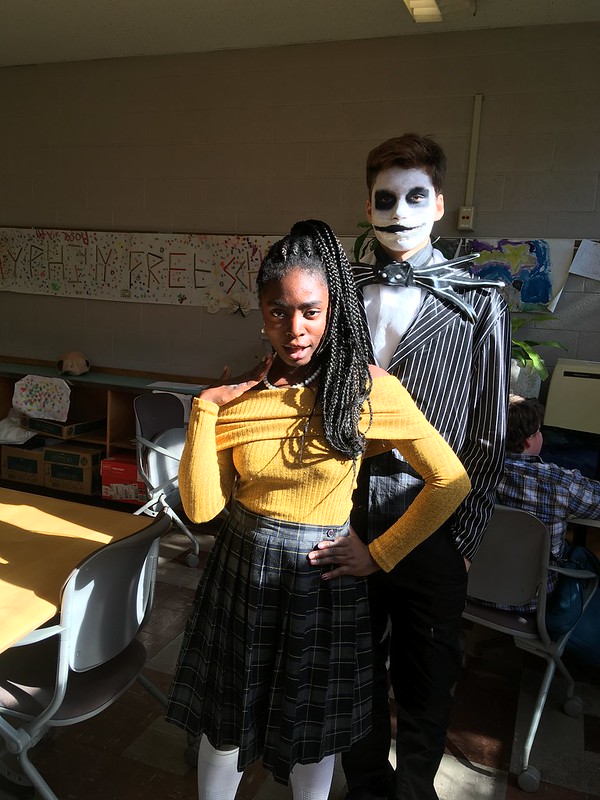
Facing graduation, Jabrea felt that she was having a bit of an existential crisis. She wondered, “Am I the kind of person who will be able to make it when I step outside of these doors, when I have to take full responsibility for everything I say and do?” Now outside the security of the school, her life hasn’t gotten easier, but she’s still building her inner strength and resilience: “I’m trying to solve my own problems as best I can… I’m making my own building blocks to create my own little safe haven, to keep myself happy and healthy.”

